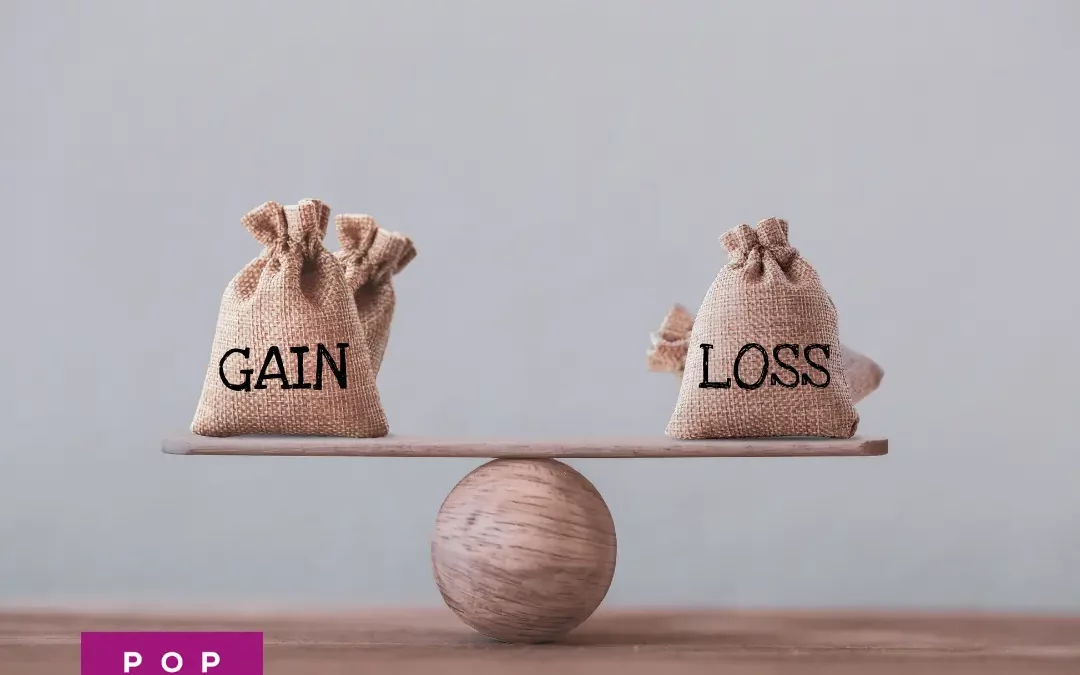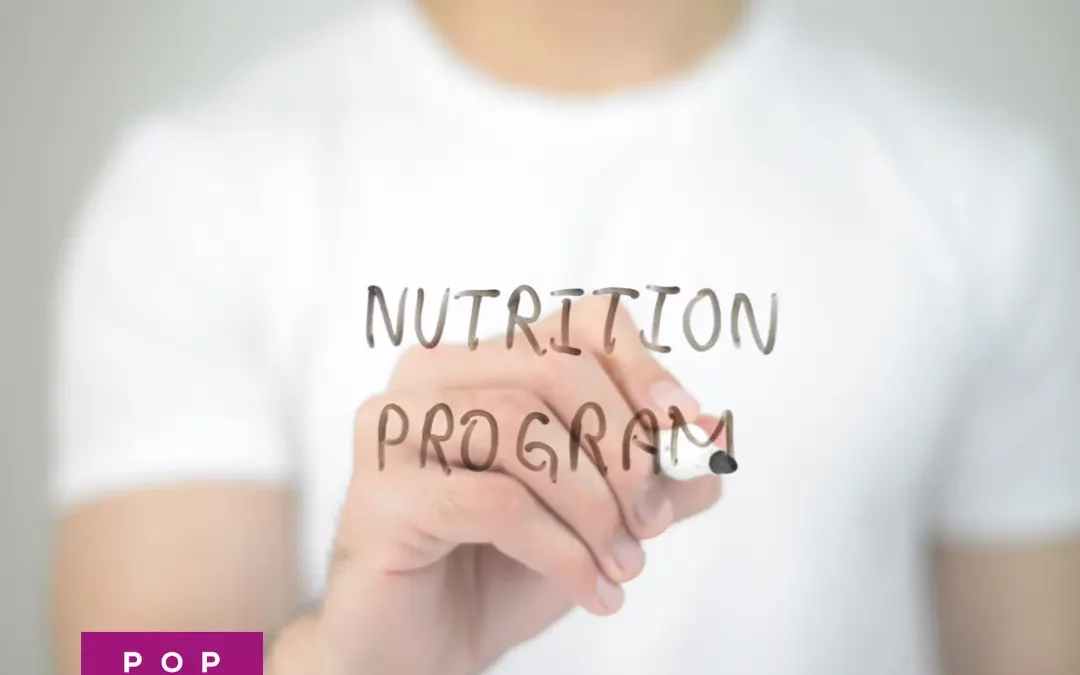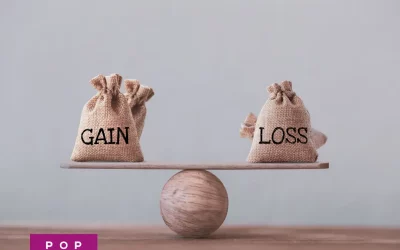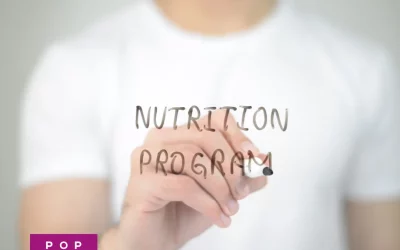The key to removing stress around food is …
Before I tell you, I may or may not have something for you.
And, it may or may not be posted in our FB group today.
So, you may or may not want to join.
Or don’t.
Your relationship with food can be the exact reason why you’re not making progress.
It’s quite common.
Considering that stress is the number one disrupter of homeostasis …
It stands to reason that if you’re constantly stressed about food, what to eat, how to track certain things, etc…
Then you’re fighting an uphill battle.
Many people assume that tracking macros is the source of their stress.
It’s time consuming, takes effort, and is an imperfect science.
However, macros are just a tool.
That’s like saying using a hammer is the source of your stress.
It’s probably not the hammer itself, but more so how you perceive the hammer or how you’re using the hammer.
Being stressed out by tracking macros is often an extension of your poor relationship with food.
I’m not here to sugarcoat anything … sometimes you need to hear the blunt truth.
I used to have a poor relationship with food myself.
I remember being wildly, insanely, beyond reasonably stressed about going out to eat and trying to track my food.
How do I know what they’re cooking with? How can this entry be accurate? What if I’m not making progress because of this?
Those thoughts used to consume me.
I couldn’t be perfect and that destroyed me.
The reality … it wasn’t the macros.
It was my relationship with food.
It was my need for perfection (which is a form of self sabotage).
It was thinking that one restaurant meal was going to make or break me.
But, I blamed macros.
Which basically pushed responsibility away from the source …
Me.
Having said all that, there are absolutely times when you need to walk away from something that isn’t serving you.
Here’s how to break a plateau or get unstuck …
In fact, one of my favorite strategies to break through a plateau or get unstuck in any area of your life …
Is to stop focusing on the thing.
For example, if you’re stalled out on losing weight and you just keep pushing harder and nothing is working … the best thing you can do is focus on something other than losing weight.
If you’re working hard on a project and you reach a sticking point, the best thing you can do is walk away from the project and focus on something else.
I can’t tell you how many weight loss plateaus I’ve seen shattered by simply moving away from trying to force weight loss.
So yes, there are absolutely times when you should take a break from tracking.
And there are absolutely individuals who should avoid tracking altogether (especially if you have a history of disordered eating).
My point is simply that we need to address the root of the issue …
Your relationship with food.
How do you change your relationship with food?
This process often begins by unlearning things that were instilled in you from a young age.
Like the idea that certain foods are good or bad.
Or if you eat certain things, they’ll make you fat.
There’s a narrative in your head about food that we have to break.
There’s a large body of scientific evidence that tells us one of the greatest predictors of body weight struggle is dichotomous thinking around food.
Seeing foods as good vs. bad.
This thought process leads to excessive restriction and the all or nothing dieting roller coaster.
It also leads to obsessive tendencies with tools like tracking calories or macros.
As with anything, step 1 is becoming aware of those pre-existing beliefs.
Then, we need to rewrite those narratives.
Remove the labels and restrictions.
Begin to fuel adequately enough.
We had someone in our current Neurotype Challenge who is only 4 days into the process of fueling appropriately comment that she can already feel a world of difference.
She was eating 1200 calories coming into the challenge and felt stuck.
Because 1200 calories will always leave you feeling stuck.
4 days of eating an appropriate amount and she feels a million times better.
Your body doesn’t want to starve. It wants to thrive.
Even something like refined sugar, which everyone labels as evil, is simply usable energy.
Extremists like to say … but it has no nutritional value!
Yes, but your body can still use it as energy quite efficiently so let’s keep context in mind.
Once you start to understand how much you should be eating and what specific foods make YOU feel your best …
The stress around food melts away.
No foods are off limits.
No foods are good or bad.
You have foods that work really well for you and you have foods that you only eat once in a while.
I love ice cream but it tears up my stomach when I eat it.
Therefore, I eat it selectively when I simply want to enjoy the taste, knowing what the side effects will be.
I don’t view ice cream as bad. I simply look at it as a food I love to eat on occasion.
From food obsessions to dietary freedom
This is how I went from obsessed and stressed around food to completely free.
It was a long road to get here but totally worth it.
Now, we get to pay it forward and help others walk that same path.
I can say that of the thousands of clients that we’ve transformed over the years, the number 1 statement of gratitude has come in the form of repairing their relationship with food.
You may not think it’s important. I think it’s everything.
We’ve gotten quite good at this process.
The process of building a new relationship with food
It starts with implementing our Neurotyping principles to know which foods and what plan will work best for you.
Then, it progresses to Metabolic Priming so we can stop the constant restriction and actually get your body in a great position to change the way you want it to.
And finally, we integrate everything into your lifestyle so you can maintain your results for life while having total food freedom.
This is what we accomplish in our 6-month, 1 on 1 coaching program that is perfect for individuals who have struggled with years of frustration with their body composition goals and want a better relationship with food.
If that sounds like you, the next step is simple … shoot me a private message on Facebook.
I’ll ask you some questions to see if you’re a good fit for our program.
If we both decide that it is a good fit, we can offer you an invite to get started.







